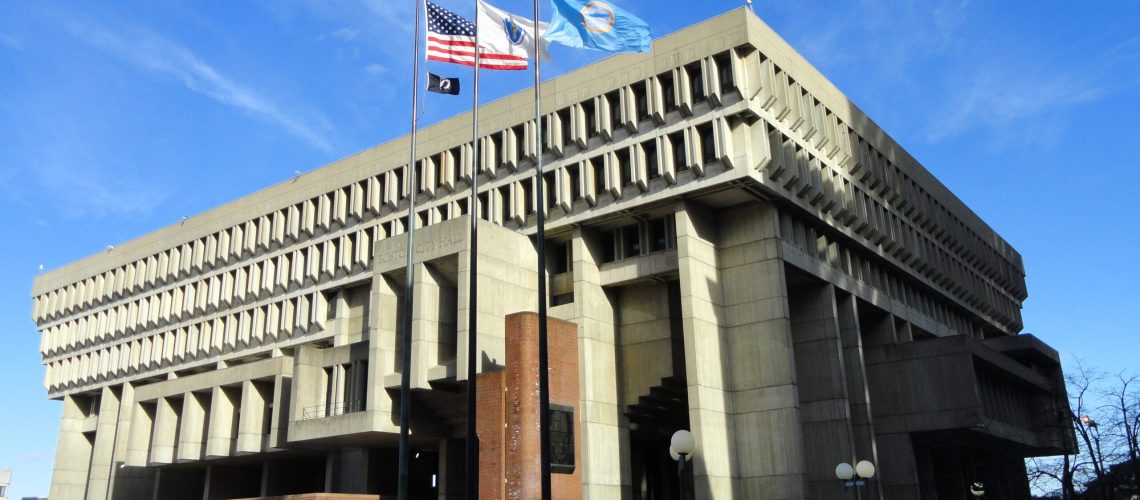The National Legal Foundation filed an amicus brief on behalf of itself and nine other organizations in the United States Supreme Court in Shurtleff v. Boston, which the Court will hear argued on January 18. Boston made one of three flagpoles in front of its city hall temporarily available for civic groups to fly their chosen flag while they used the adjoining plaza. Over the prior decade, the city had allowed almost 300 organizations to fly their chosen flags, even those of other nations.
But when a group that gives speeches on the Judeo-Christian heritage of our country asked to fly the Christian flag while it used the plaza, Boston said “no.” Why? Solely because it was “religious.”
Earlier, the NLF, along with two other organizations, had filed the only brief in the Supreme Court urging it to review the case. On the first day of this term, it did so. It seems highly likely that the Court will reverse.
The Court recently has reiterated that a governmental entity may not treat a religious organization worse than other organizations simply because it is religious. Boston obviously is violating that principle. And while the city has argued that, if it allowed the Christian flag to be flown temporarily in front of city hall, people might think that the flag was the city’s own speech and that it was promoting Christianity in some special way, any objective observer would know that it was only one of hundreds of flags that the city had allowed to be displayed temporarily by various groups. When the Portuguese flag was flown for a few hours, no reasonable person would have thought Boston was now pledging allegiance to Portugal; similarly, no reasonable person would have thought Boston was establishing Christianity as the city’s preferred religion.
The main significance of the case is that it provides the Court another opportunity to dispense with the suggestion—one much in favor among some—that the Establishment Clause somehow justifies the squelching of the free exercise of religion. Both Religion Clauses are pro-religion, not hostile to it. Boston’s animosity to the Christian flag will hopefully be taken as an opportunity by the Court to shut the book on this improper reading of the Constitution.

